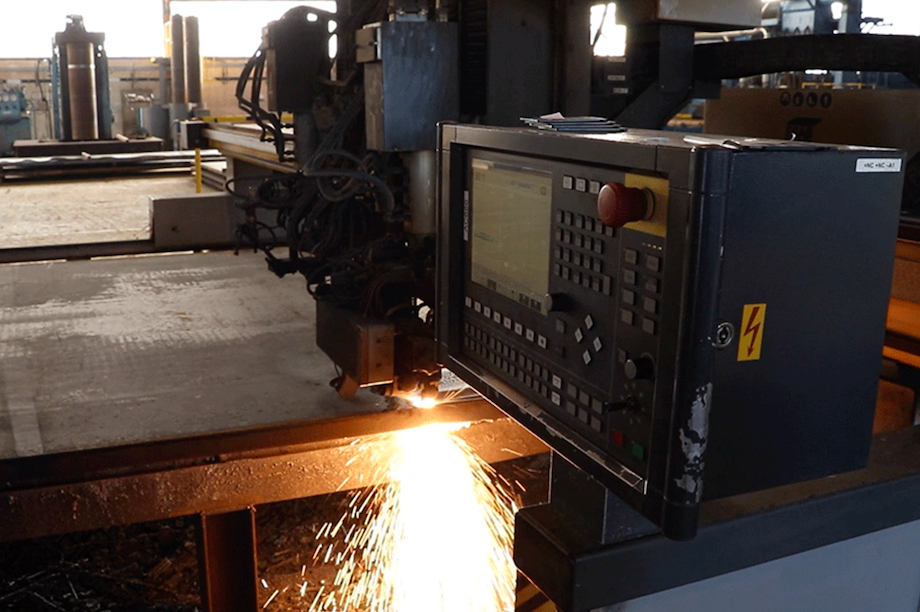has begun a "collective consultation process" whereby its workforce of 260 employees could be cut by more than 20, the company added.
The steel fabricators had been contracted to provide jacket foundations for 26 of Beatrice’s 84 wind turbines, and two jackets and piles for its offshore transformer module.
But with the contract coming to an end, and no other outstanding contracts across its renewables, oil and gas or facilities divisions, the engineering yards in Fife in eastern Scotland and Arnish on the Isle of Lewis off the country’s west coast, face closure.
BiFab has also provided jacket substructures for the , , and projects.
In a recent report into , WindEurope found that , representing 9.4% of all foundations installed. By comparison, monopiles were the "dominant substructure" in Europe last year, taking an 87% market share of installed foundations.
BiFab states that it "can also supply monopiles and pin piles on an EPC basis", but does not list projects at which it has installed these substructures, as it does with jackets.
The company’s business development manager Iain Scrimger said senior management was working with the Scottish government and trade union representatives "to do everything possible to avoid redundancies within the business".
He added that the company had "a number of target projects (which) remain under tender" both in the renewables and oil and gas sectors, and that it was trying to secure further contratcs.
The company insisted "there are no intentions to close the yards", but stated that it was now going through a "natural down-manning process".
called for BiFab, contractors, and the Scottish government to make an "eleventh hour intervention… to save these jobs".
, Beatrice’s owner SSE, offshore contractor Seaway Heavy Lifting, and BiFab’s majority shareholders, JCE Group, had provided cash payments to alleviate immediate cash flow issues.
The Scottish government, which approved Beatrice in March 2014, had also said it would make a commercial loan available to BiFab if necessary.

.png)



.png)









